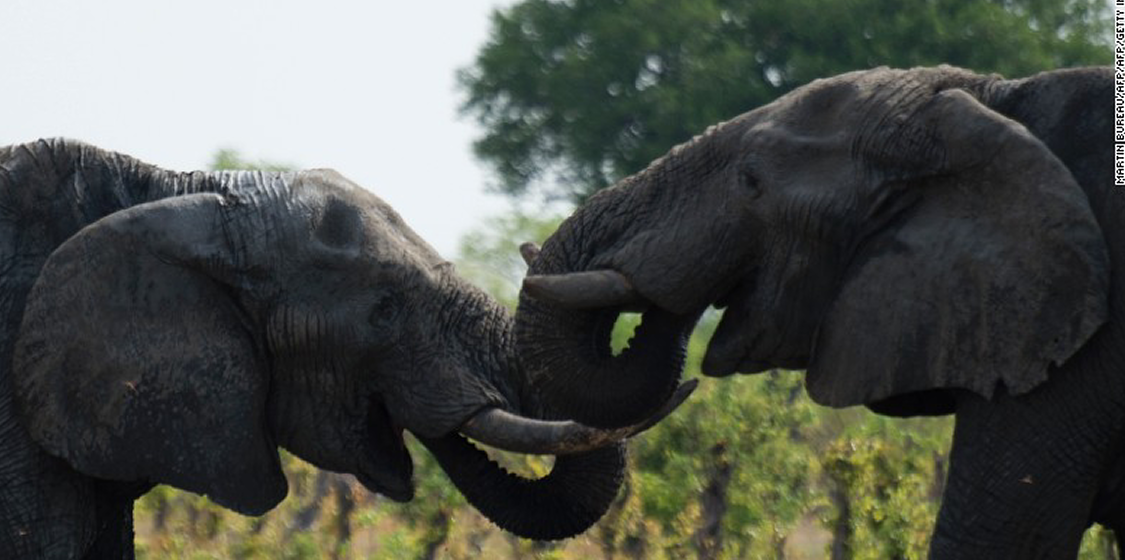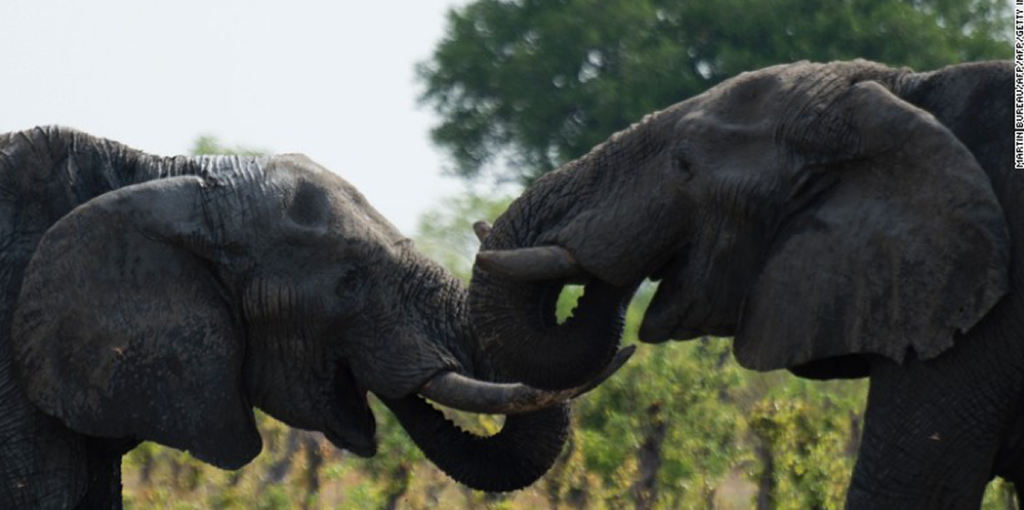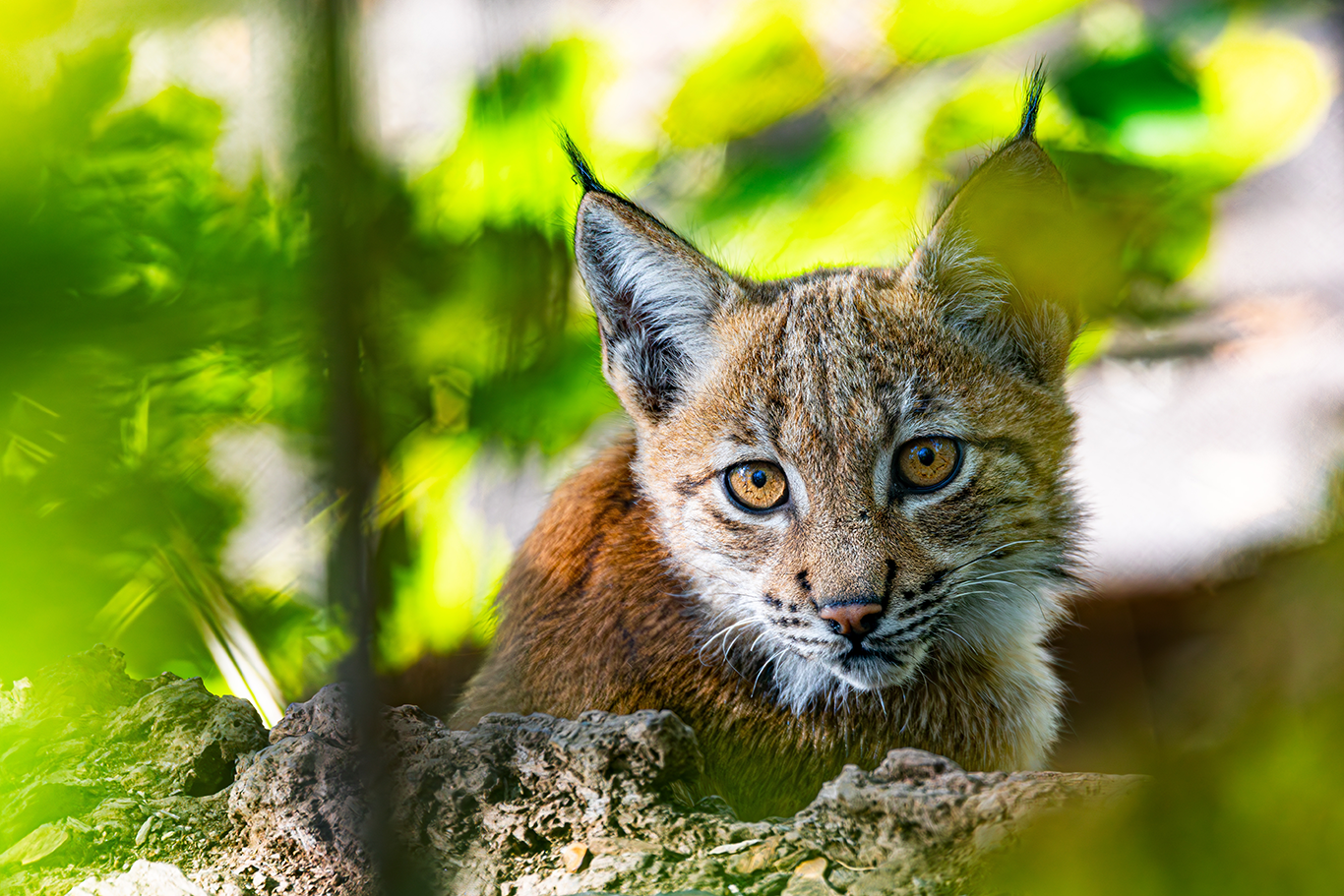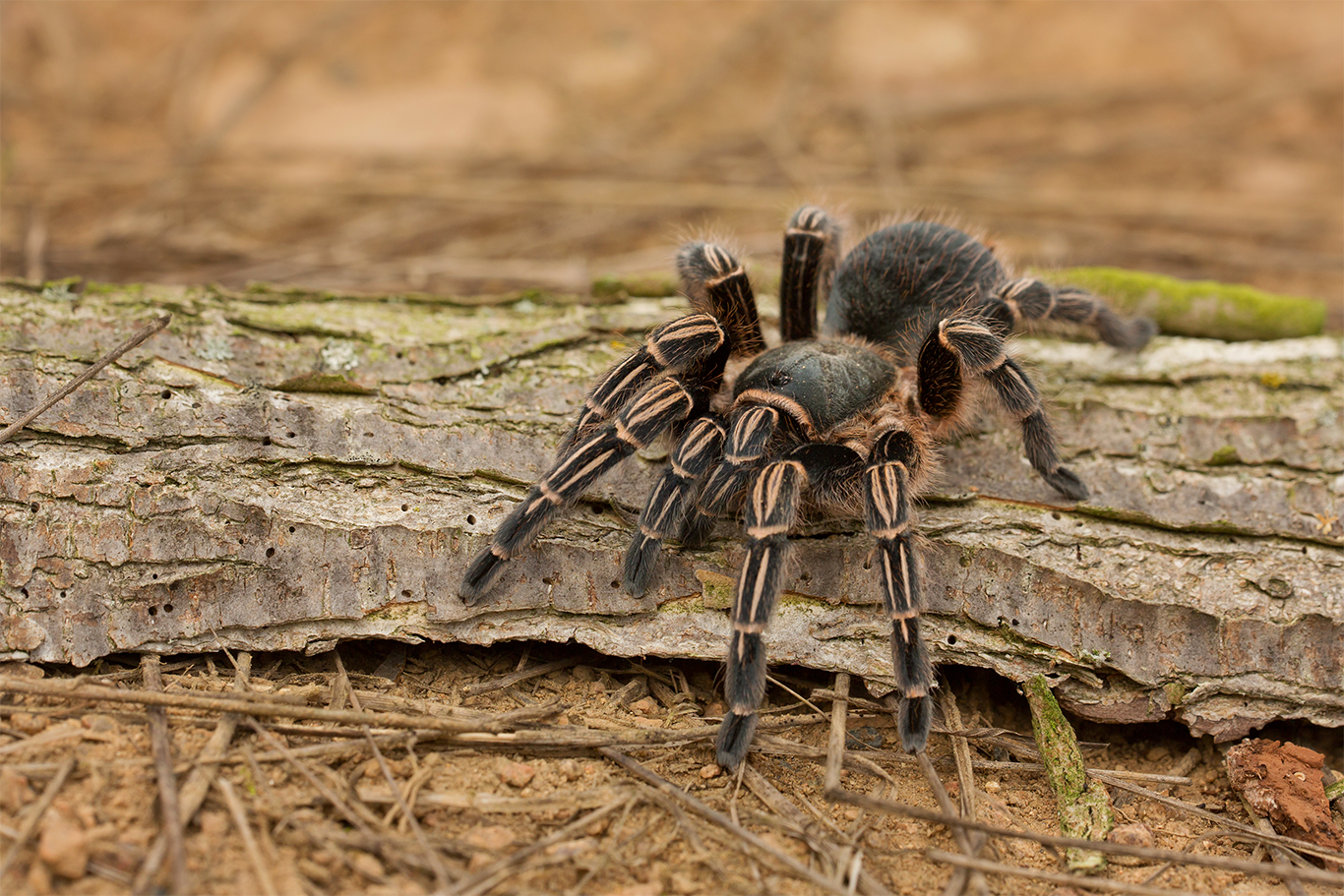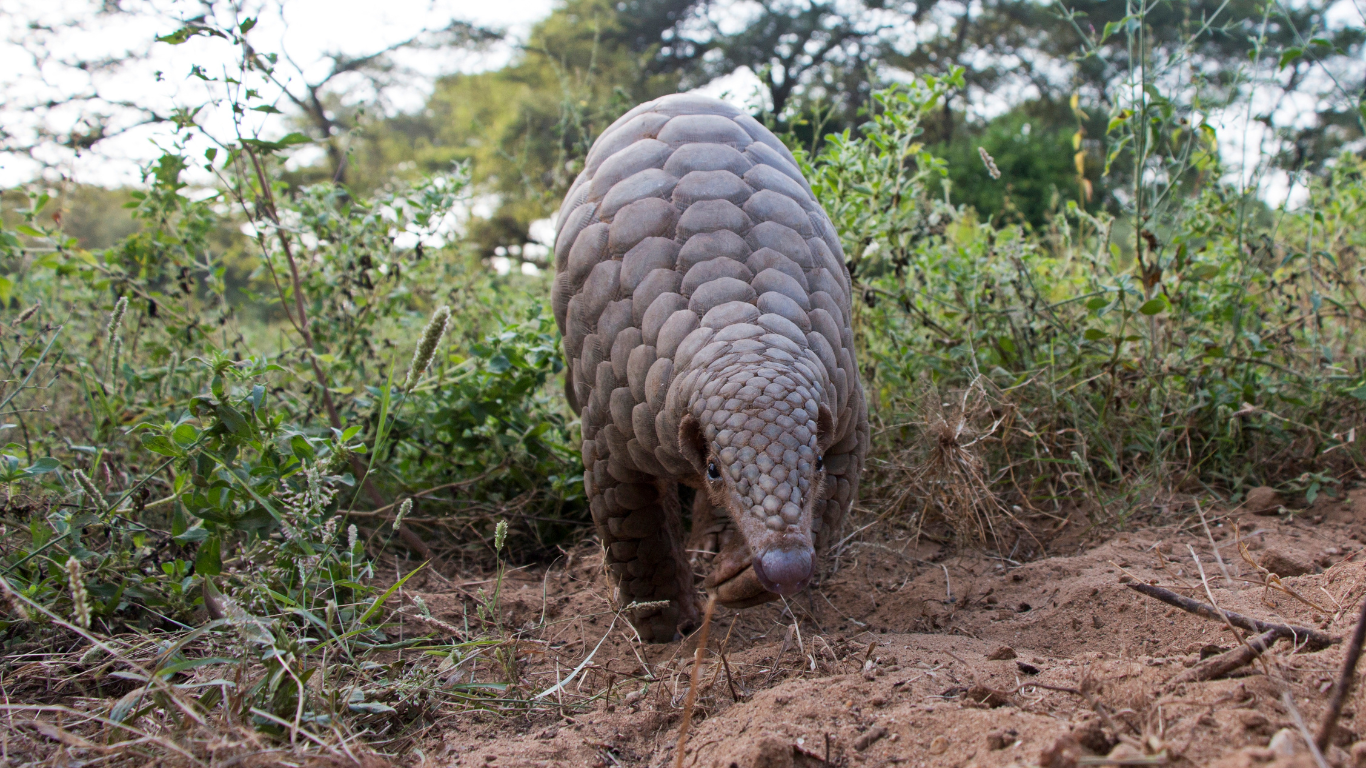By Hailey Gaunt
According to a recent CNN article, Zimbabwe exported nearly one-hundred sub-adult elephants to China and Dubai between 2012 and 2018. The articles relies on reporting from another article, published by Zimbabwe’s state-owned Chronicle, which states that over this six-year period, 98 elephants were flown to parks in China and Dubai and individually sold at costs ranging $13,500 and $41, 500. Both reporters quote officials who say overpopulation and the need to sustain conservation efforts – particularly elephant conservation efforts – are the principle justifications for the sales.
Tinashe Farawo, spokesperson for Zimparks, the country’s wildlife management authority, told CNN: "We are struggling with a ballooning number of elephants. We believe in sustainable utilization of our resources, and these elephants must pay for their upkeep.”
Both articles collapse under scrutiny. According to public data available on the Convention on International Trade in the Endangered Species (CITES) website – the body that adjudicates the international exchange of wild flora and fauna – since 2012, 132 elephants have been exported to China alone.
This calls into question the very basis of the Zimparks claim, which is that the sales serve the dual aim of managing the country’s outsized numbers and supporting sustainable conservation. This is not a transparent, well-intended endeavor to save elephants from draught-stricken national parks and manage human/wildlife conflict, as Zimbabwean ministers and officials have claimed. It is blatant exploitation of wildlife to line government coffers and benefit a few political bigwigs.
Also troubling is the figure of $2.7 million – the total amount reportedly received from the (supposed) sales of 98 elephants. This figure is well below the rate Zimparks quoted earlier this year. In February, as a group of 35 sub-adult elephants, some as young as two-years-old, was quarantined in Hwange National Park (where they currently remain in captivity, awaiting export to China), local activists and conservationists sought to secure their release. When the activists inquired about the going rate of an individual, Zimparks quoted them at $100 000.00 per elephant. According to experts, elephant babies actually fetch up to $600 000.00 once they reach China.
The wild discrepancies between the numbers only throw further suspicion onto the already shady business of wildlife trade, which is rife with under-scrutinized transactions. Irresponsible media reports lend undue validity to such dealings, allowing corruption to gallivant in broad daylight.
“Local activists are working tirelessly to expose the truth of what is happening in Zimbabwe,” said Political Animals Lobby campaigner Andrea Matthee, “It is difficult and dangerous work they do to hold the government and its wildlife authority to account. The CNN article characterizes a government whose hands are tied. This is, frankly, erroneous – a mistake, in the best-case scenario and utterly reckless.”

